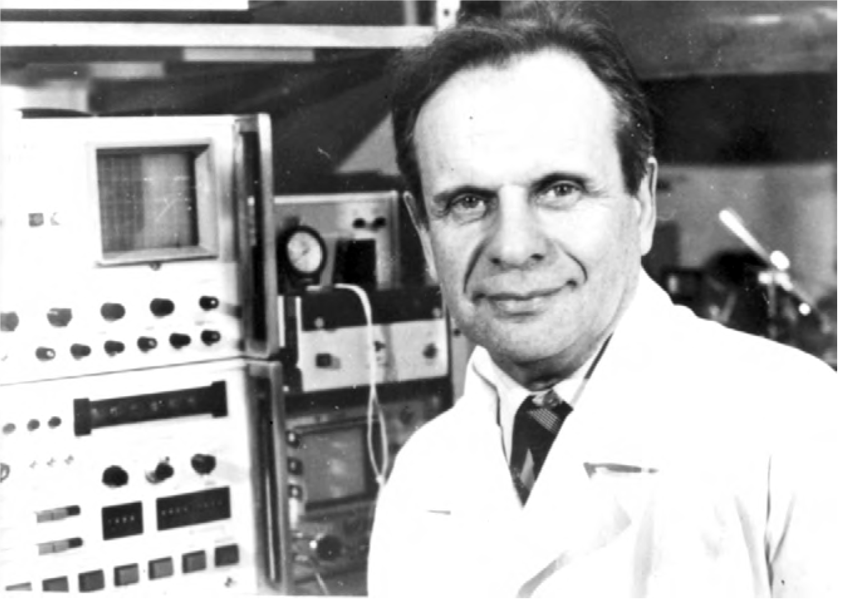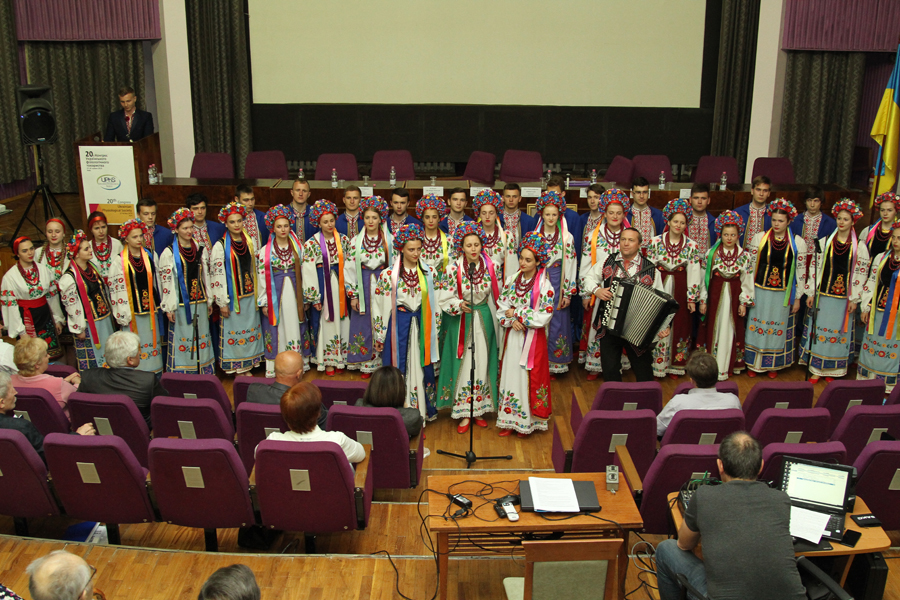20th Congress of the Ukrainian Physiological Society - in memoriam Platon Kostyuk MAE#
The 20th Congress of the Ukrainian Physiological Society, dedicated to the memory of the late Platon Kostyuk MAE, will take place in Kiev from 27 – 30 May 2019 under the Presidency of Professor Oleg Krishtal MAE. The event is supported by Academia Europaea.
Event website #
#
Professor Platon Kostyuk, elected MAE in 1990, was Director of the Bogomoletz Institute of Physiology in Kiev for more than 40 years until his death in 2010. He pioneered work on Calcium channels in neurons and made the Bogomoletz Institute a world leading research organisation.
Professor Ole Petersen CBE FRS MAE, Vice-President of Academia Europaea, and Academic Director of the Academia Europaea’s Knowledge Hub at Cardiff University, will speak about Platon Kostyuk, and his many interactions with the great scientist, at the Opening Session of the Congress.
Academia Europaea supports Physiology Congress in Ukraine#
Conference report by Professor Ole PetersenUkraine is one of the poorest countries in Europe (according to the official GDP/capita figures) and is furthermore engaged in a war in the eastern part of the country, defending itself against a formidable aggressor state. In spite of these challenges, scientific work of high quality continues. One of the strongest scientific societies in Ukraine, the Ukrainian Physiological Society, held its 20th Congress in Kyiv at the famous Bogomoletz Institute of Physiology, from 27 – 30 May 2019, supported by Academia Europaea and UNESCO. The festive Opening Session of the Congress included colourful displays and impressive performances of Ukrainian folksongs.
The Congress attracted about 200 physiologists from all over Ukraine and was dedicated to the memory of Platon Kostyuk MAE ML, who was Director of the Bogomoletz Institute of Physiology for more than 40 years until his death in 2010. Platon Kostyuk, who had worked with the Nobel Laureate John Eccles FRS in Canberra, pioneered work on calcium channels in nerve cells and made the Bogomoletz Institute famous as one of the world’s leading physiological research centres.
The current Director of the Bogomoletz Institute, Oleg Krishtal MAE, who discovered proton-activated ion channels (which play a crucial role in both physiology and pathology), chaired the Opening Session of the Congress as the current President of the Ukrainian Physiological Society. Ole Petersen MAE ML FRS, Vice-President of Academia Europaea and Academic Director of the AE - Cardiff Knowledge Hub, gave an illustrated talk in the Opening Session about Platon Kostyuk and his relationship over many years with the famous scientist. Ole Petersen drew attention to the close and very productive links between scientists from the Bogomoletz Institute and his own research group, starting in 1989, first at the University of Liverpool and more recently at Cardiff University. Via a video link with the Max-Planck Institute in Göttingen, the Nobel Laureate Erwin Neher MAE ML ForMemRS, talked about how his own work had also been influenced by the pioneering work at the Bogomoletz Institute.

In the first scientific session of the Congress, Ole Petersen gave a Plenary Lecture, which focussed on his very recent work performed in collaboration with Oleksyi Gryshchenko from the Bogomoletz Institute and his long term collaborators, Oleg and Julia Gerasimenko, who came to the UK from the Bogomoletz Institute, but are permanent staff members at Cardiff University. In the following scientific sessions there were many outstanding talks and posters from Ukrainian Physiology teams, including those of Pavel Belan, Oleg Krishtal, Elena Lukyanetz, Yaroslav Shuba, Nana Voitenka and Alexander Zholos. Following on from the long-standing Bogomoletz tradition of real innovative thinking and ability to work with self-made and self-moderated equipment in the absence of the financial and institutional support that is regarded as essential for science in Western Europe, the Ukrainian scientists continue to make important contributions to our knowledge. These scientists deserve much more support from the richer countries in Europe and have the potential to contribute at the very highest level to European science, as indeed they did in the time of the Soviet Union, if only they were adequately funded.





